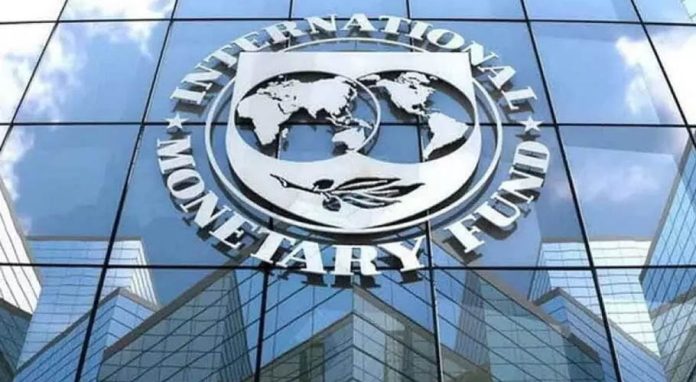The International Monetary Fund (IMF) has affirmed Pakistan’s economic growth forecast at 3.5% for the fiscal year 2024-25, maintaining its earlier projection despite global economic challenges.
Economic Stability Amid Global Pressures
The IMF’s latest update underscores stable growth expectations amidst global economic uncertainties, including persistent inflation risks and fluctuating energy prices.
Key Economic Insights
- Global Economic Landscape: While global economic risks remain balanced overall, emerging economies like Pakistan face heightened inflation risks and geopolitical tensions affecting oil prices.
- Inflation and Monetary Policy: The IMF highlights potential inflationary pressures stemming from delayed services disinflation and ongoing geopolitical tensions. It anticipates varied inflation circumstances influencing major central banks’ monetary policy decisions.
- Impact of Interest Rates: Elevated inflation risks could prolong higher interest rates, impacting external and fiscal stability. The IMF warns of potential disruptions in capital flows due to prolonged dollar appreciation, which could hinder planned monetary policy adjustments and economic growth.
Fiscal and Monetary Recommendations
- Policy Adjustments: The IMF advises Pakistan to focus on restoring price stability through robust fiscal frameworks and careful policy sequencing. It emphasizes the importance of fiscal consolidation amidst narrowing fiscal maneuverability.
- Managing Economic Risks: In light of diverging global monetary policies, the IMF suggests cautious fiscal management and strategic use of foreign reserves to mitigate risks associated with currency volatility and foreign-currency-denominated debt.
Long-Term Economic Strategy
- Structural Reforms: Multilateral policies and macro-structural reforms are seen as pivotal in enhancing productivity and economic resilience, benefiting Pakistan and global markets alike.
- Harnessing Diaspora and Remittances: Leveraging diaspora networks and maximizing remittance benefits could bolster domestic labor markets and economic stability, offsetting challenges posed by emigration.
Conclusion
As Pakistan navigates economic complexities, adherence to IMF recommendations on fiscal discipline, strategic monetary policy, and structural reforms will be crucial in sustaining economic growth and stability amidst global uncertainties.
3.5















